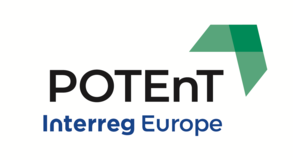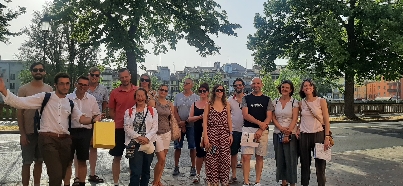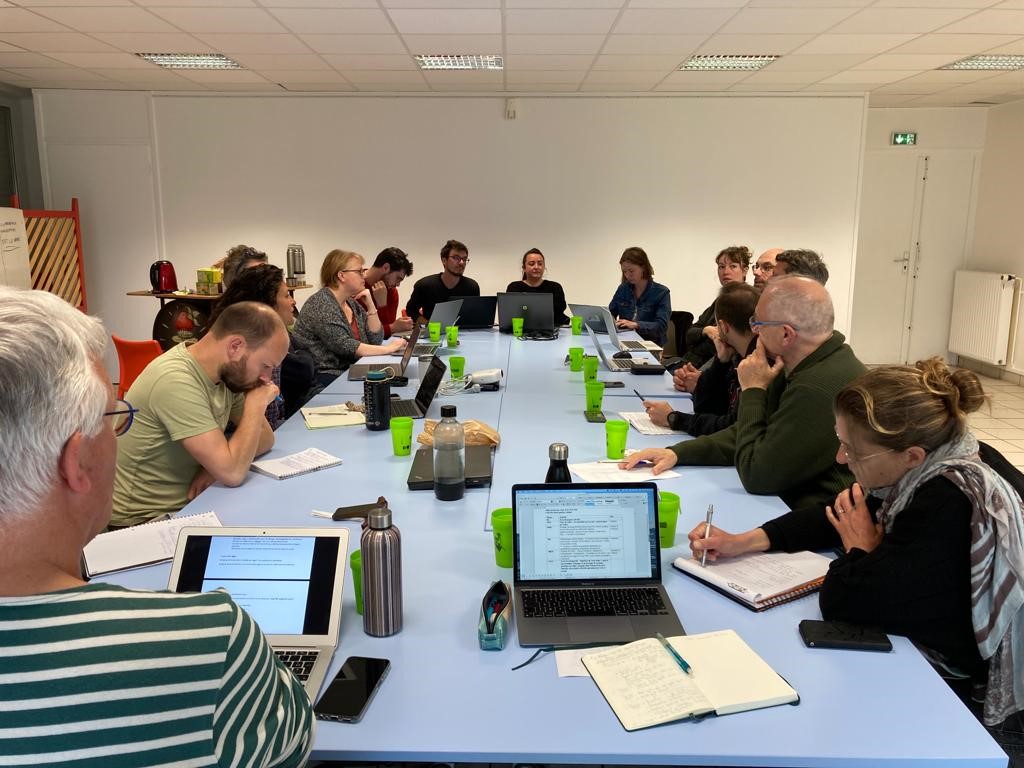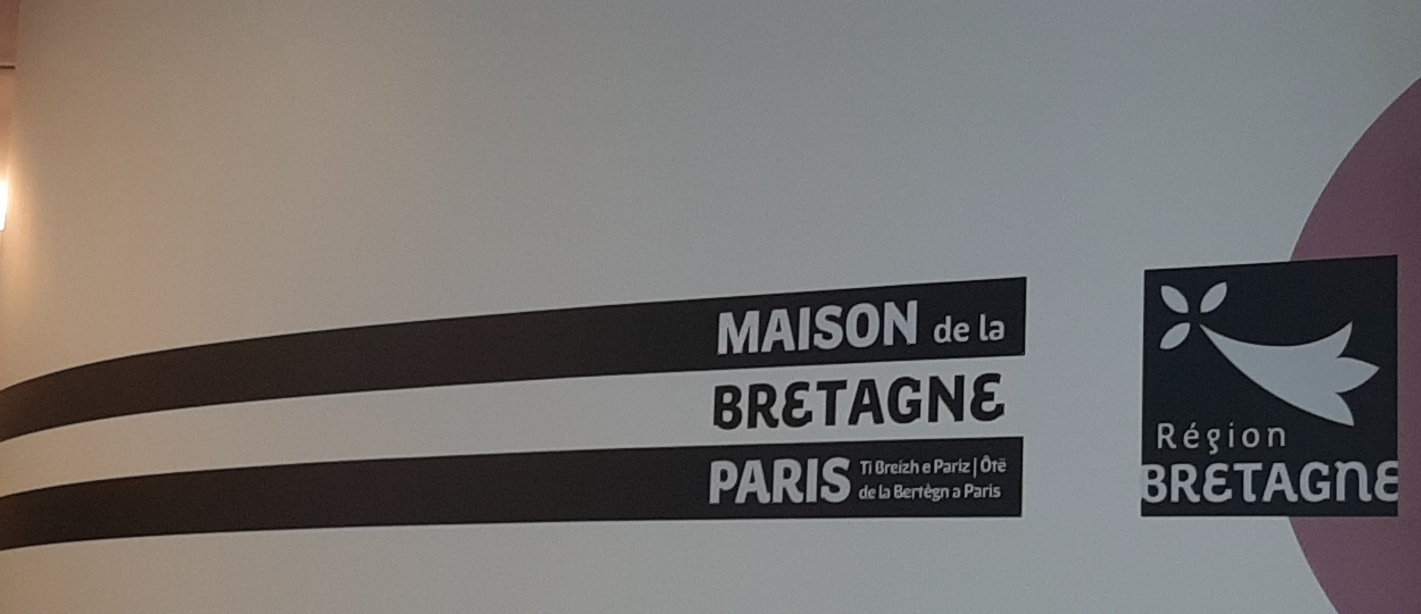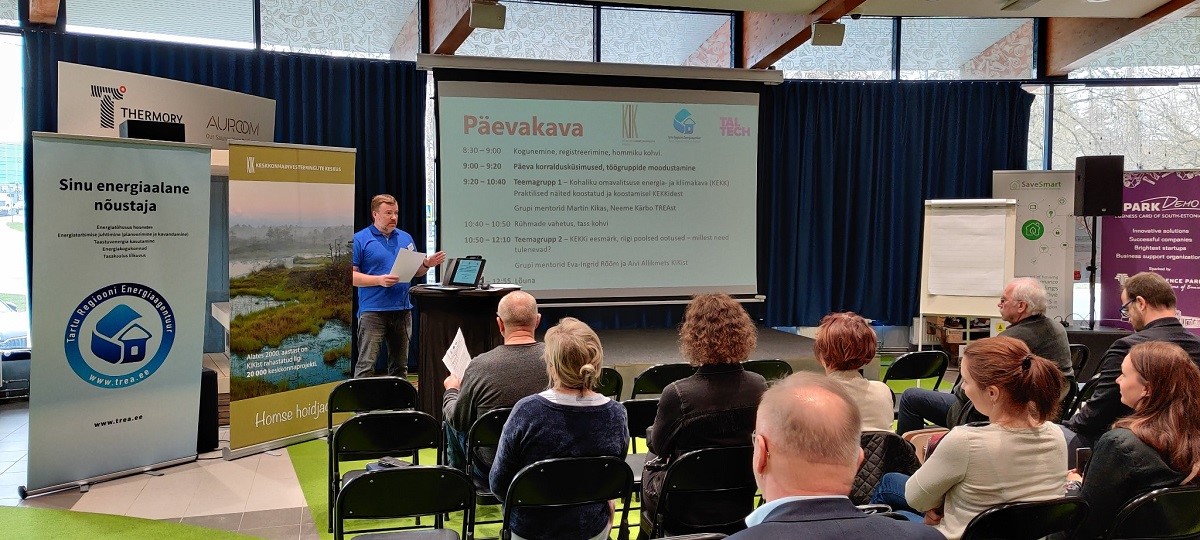On 15 June, Pamplona hosted the local POTEnT dissemination event under the title 'Energy transition and cities: Public Entities, Energy Communities and the Mobilisation of Agents in urban environments as catalysts', with some 30 participants representing the public and private sectors, as well as the academic and citizenship.
Pamplona works in this field in a transversal way within the different areas of work of the institution, involving private entities and neighborhoods, and being present and offering itself as a testing ground for supra-local initiatives that seek innovative, efficient, and replicable solutions.
Alejandro Astibia, Director of the Department of Projects and Works, Mobility and Sustainability of the City Council, opened the conference, which continued with the intervention of Leire Iriarte, from the Strategic Office of Pamplona City Council, who made a presentation and analyzed the role of 'Public organizations as drivers of the Energy Transition' and analyzed the results of the POTEnT (Public Organisations Transform Energy Transition) project. The main outcome of POTEnT project in Pamplona was a Regional Action Plan including two main Actions, one related to Energy Communities and the other one on One-Stop Shops for Energy.
After this introduction, the event included two main sessions, dedicated to each of the two topics of the Action Plan, and each one including one master presentation and a round table, with the participation of both Municipal technical staff from the Energy Agency and the rehabilitation office, and from different stakeholders.
The session on the Energy Communities started with a presentation by Txetxu Ezcurra, from the Energy Transition Service of the Government of Navarra, and focused on the regulation of the EC in the Energy Plan of Navarra 2030. This was followed by a round table on the “Situation of the Energy Communities in Navarra region” moderated by Idoia Zulet, of the layer of “Abogados Arankoa”. Participants were Txetxu Ezcurra, Julián Zapata, from the Energy Agency of Pamplona City Council, and Mikel Iribarren, Mayor of Urroz, one of the Municipalities in the region where Energy Community has been established.
After the coffee break Ana Bretaña, from the regional public company NASUVINSA, opened the session on One-Stop Shops with a presentation of the ‘Elena Primavera’ project, supported by the EIB, which aims to promote investments to maximize savings in private dwellings through energy efficiency, renewables, and self-consumption. The second round table focused thus on the potential of the One-Stop Shops on Energy and was moderated by Javier Zardoya, Head of the Energy Agency of Pamplona City Council. Besides Ana Bretaña, Alberto Calvo, head of the Municipal Rehabilitation Office, and Iñigo Bonet, from the Opengela OSS in the Basque Country participated as speakers.
The event closed with a final presentation on “Positive Energy Neighborhoods (PEN)”, by the arquitect Rufino Hernández, from AH Asociados and Profesor at the Basque University (UPV / EHU), both, together with Pamplona City Council, partners of the H2020 project oPEN Lab. This project, where also the cities of Tartu and Genk participate, aims for Pamplona to move towards a PEN by an innovative energy refurbishment in a public building with 12 dwellings and in an old private factory and the development and management of renewable energies in the whole system. This project has received funding from the European Union’s Horizon 2020 Research and Innovation Programme under Grant agreement ID 101037080.
